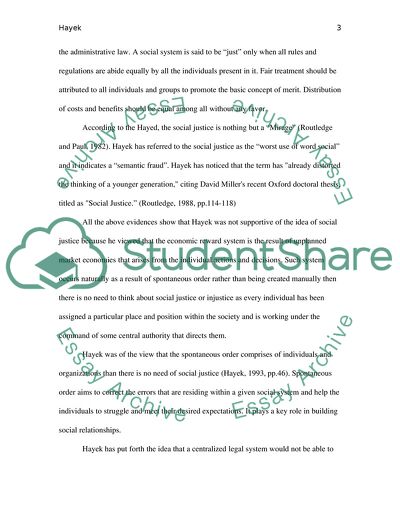Cite this document
(Is Spontaneous Order a Form of Social Justice Essay Example | Topics and Well Written Essays - 1500 words - 2, n.d.)
Is Spontaneous Order a Form of Social Justice Essay Example | Topics and Well Written Essays - 1500 words - 2. https://studentshare.org/macro-microeconomics/1762741-is-spontaneous-order-a-form-of-social-justice-for-hayek
Is Spontaneous Order a Form of Social Justice Essay Example | Topics and Well Written Essays - 1500 words - 2. https://studentshare.org/macro-microeconomics/1762741-is-spontaneous-order-a-form-of-social-justice-for-hayek
(Is Spontaneous Order a Form of Social Justice Essay Example | Topics and Well Written Essays - 1500 Words - 2)
Is Spontaneous Order a Form of Social Justice Essay Example | Topics and Well Written Essays - 1500 Words - 2. https://studentshare.org/macro-microeconomics/1762741-is-spontaneous-order-a-form-of-social-justice-for-hayek.
Is Spontaneous Order a Form of Social Justice Essay Example | Topics and Well Written Essays - 1500 Words - 2. https://studentshare.org/macro-microeconomics/1762741-is-spontaneous-order-a-form-of-social-justice-for-hayek.
“Is Spontaneous Order a Form of Social Justice Essay Example | Topics and Well Written Essays - 1500 Words - 2”. https://studentshare.org/macro-microeconomics/1762741-is-spontaneous-order-a-form-of-social-justice-for-hayek.


